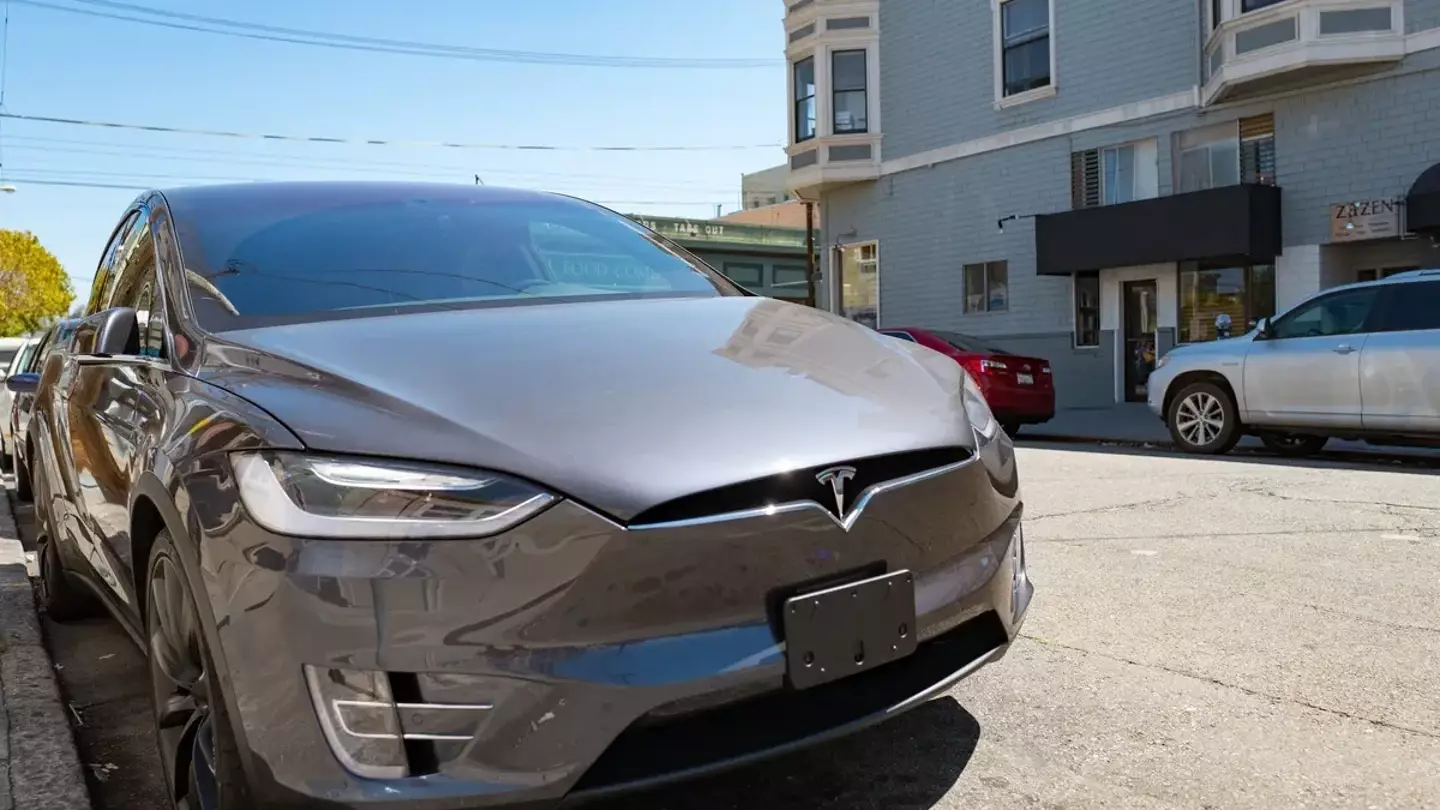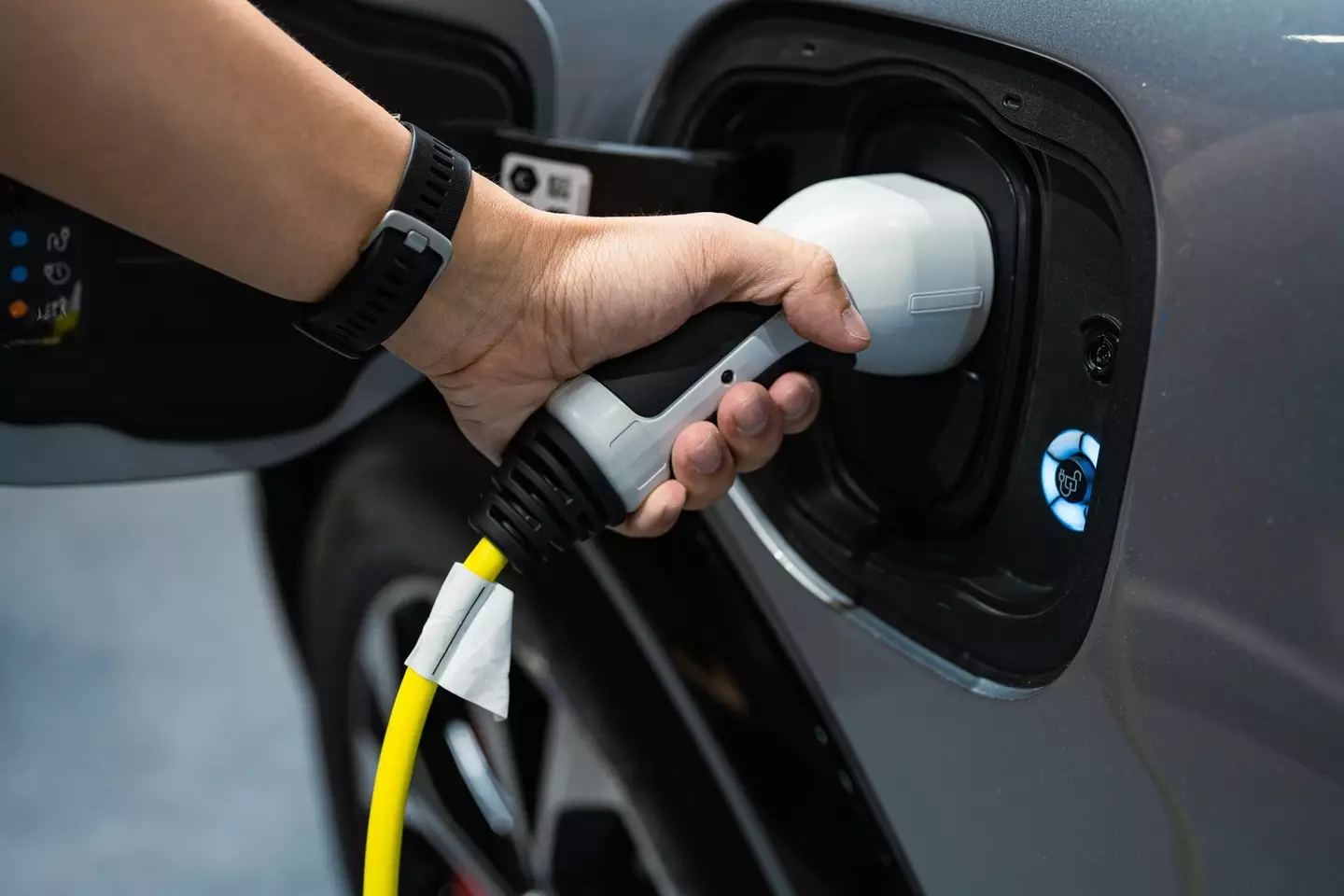
People were struggling to believe it when a Tesla owner revealed how much he'd paid in charging costs - and he's explained how he pulled it off.
It currently costs around £1.35 per litre for petrol and £1.43 per litre for diesel to fill up. But those with an electric vehicle simply can't relate.
Tesla owners will revel in not having to pay for petrol or diesel - but they do have to charge their cars at public charging points or install one at home. Unsurprisingly, these outlets often come with a steep price tag.
One Tesla driver, however, has managed to keep costs down, revealing the shockingly low price of keeping his car running over the course of 12 months.
Advert
Before you start checking out the price of a Tesla (prices start at around £40,000, FYI), it's important to note that the cost of running an electric car depends entirely on the make and model, with different vehicles having varying associated costs, according to energy supplier EDF.

Ultimately though, as more and more cars become electric, owning one is likely to cost you less over a longer period of time.
Tesla owners with their own outlet at home will want to make sure they're on the best energy tariff to keep costs low. One American user showed that he keeps his bills down by using solar energy.
The user posted a screenshot of the bill they received, which came in at just $2.37 (£1.89).
"First time I’ve had a bill within the last 12 months. This sucks," they wrote.
Many of his followers struggled to believe it, with one writing: "I can't run my refrigerators for a month for that? Something is not being said."
The user explained they used solar panels to keep the bill low as well as a Tesla Powerwall, which is a rechargeable lithium-ion battery that stores energy from solar or from the electricity grid.
Tesla has also shared some insights into how a Powerwall works.
"Powerwall gives you the ability to store energy for later use and works with solar to provide key energy security and financial benefits," it said.
"Each Powerwall system is equipped with energy monitoring, metering and smart controls for owner customisation using the Tesla app."
The Powerwall comes with a price tag, starting from £5,000.
So while the bills are super low, the initial cost is pretty hefty.
The cost of installing a normal electric vehicle charging outlet varies, but is estimated to be upwards of £500-£1,000.
Meanwhile, according to Octopus, charging your car at home can cost as little as 2.6p per mile, around 14p per mile on 'lamppost chargers' (which are public, on-street chargers) and around 18p per mile for rapid public charging.
Re-charging times can vary, from anything from one to 10 hours depending on how you charge your vehicle.
